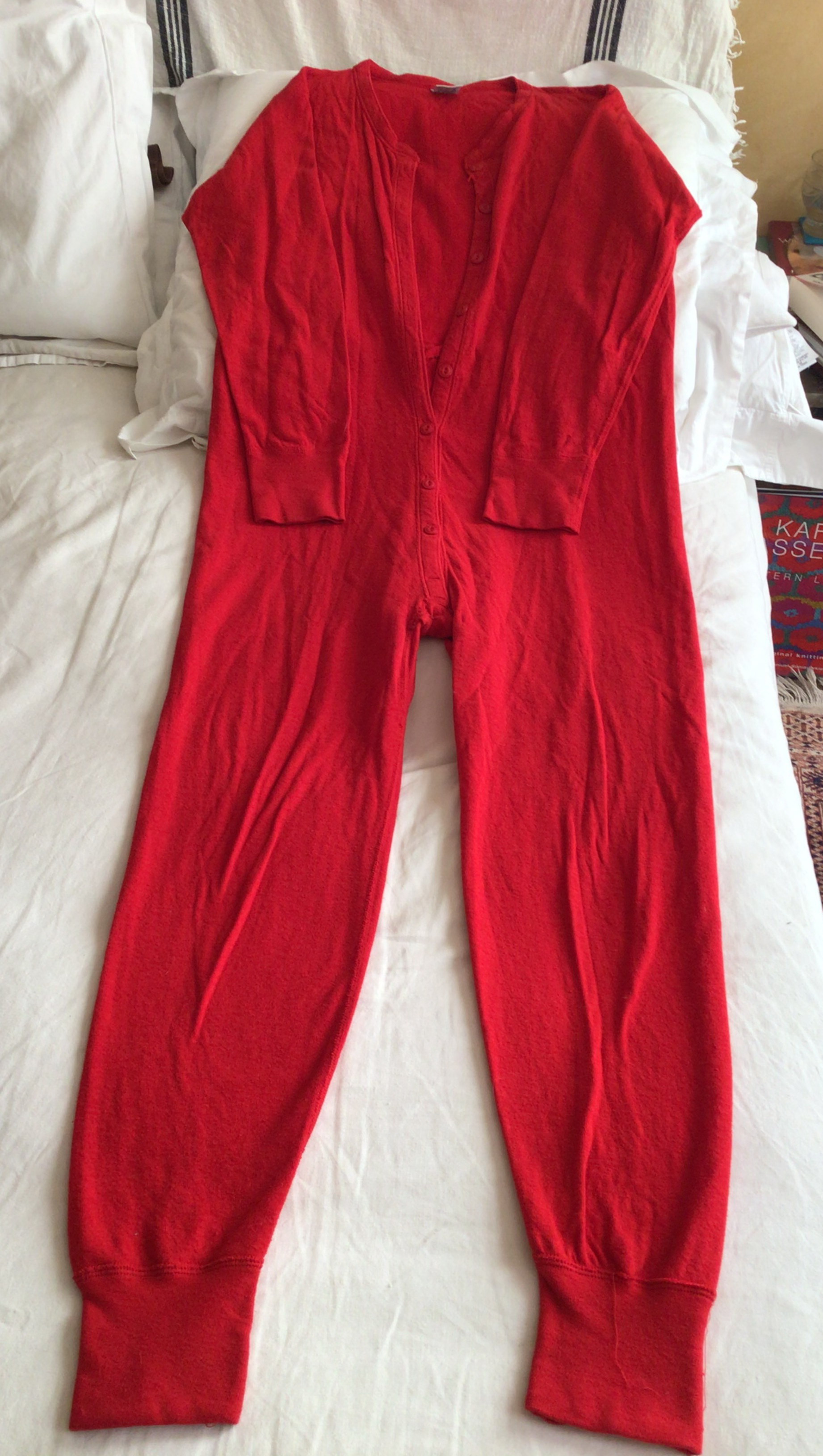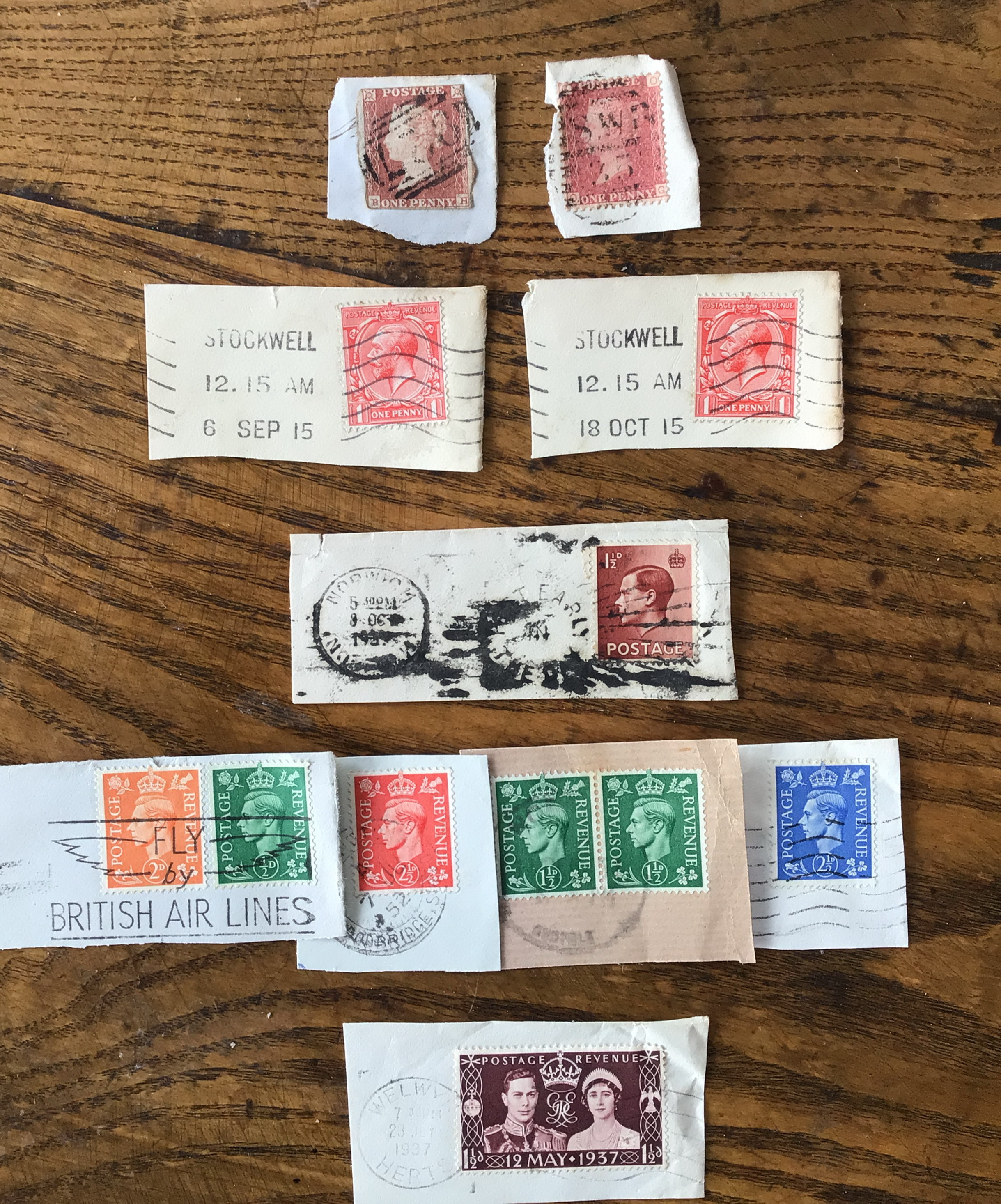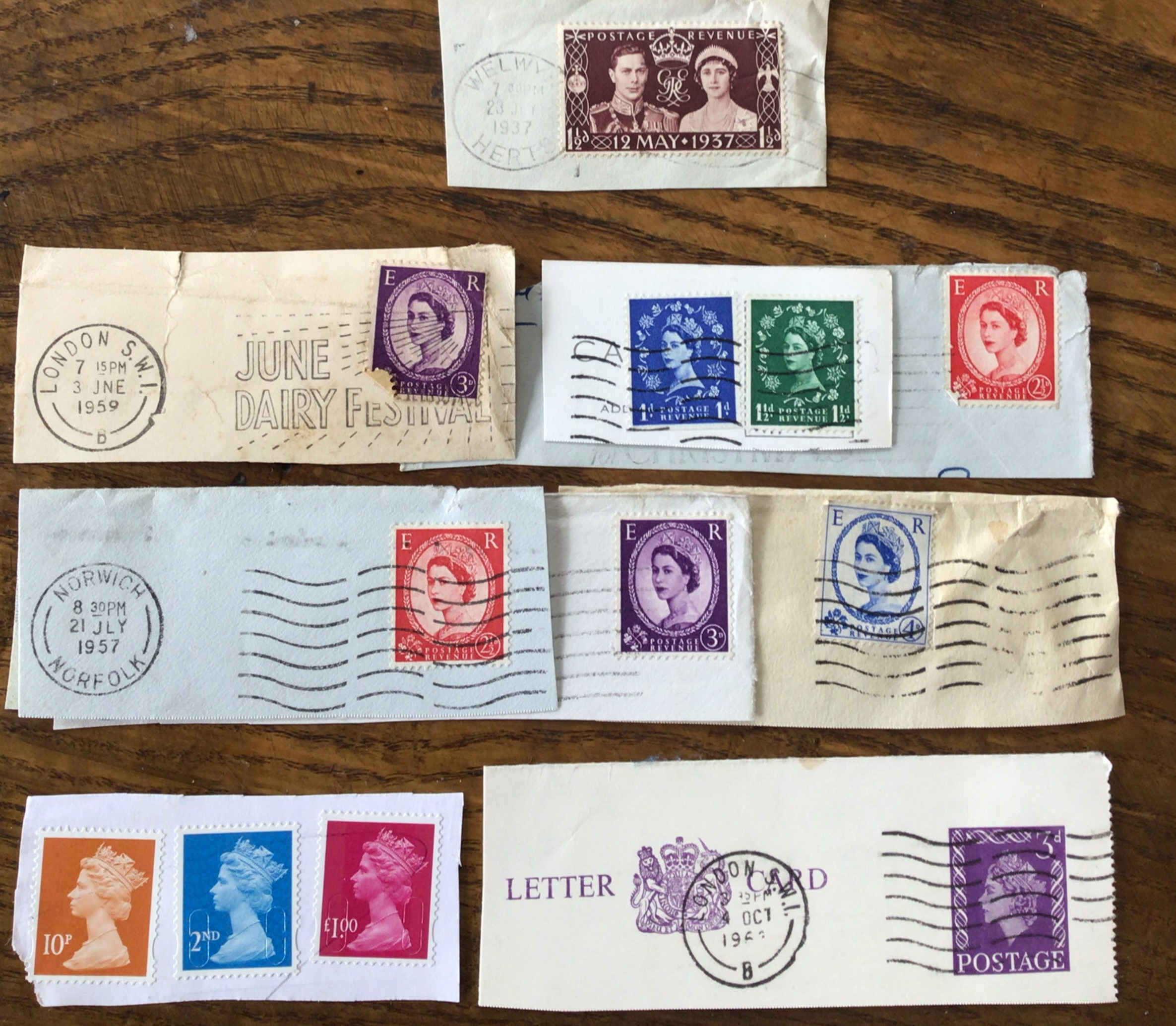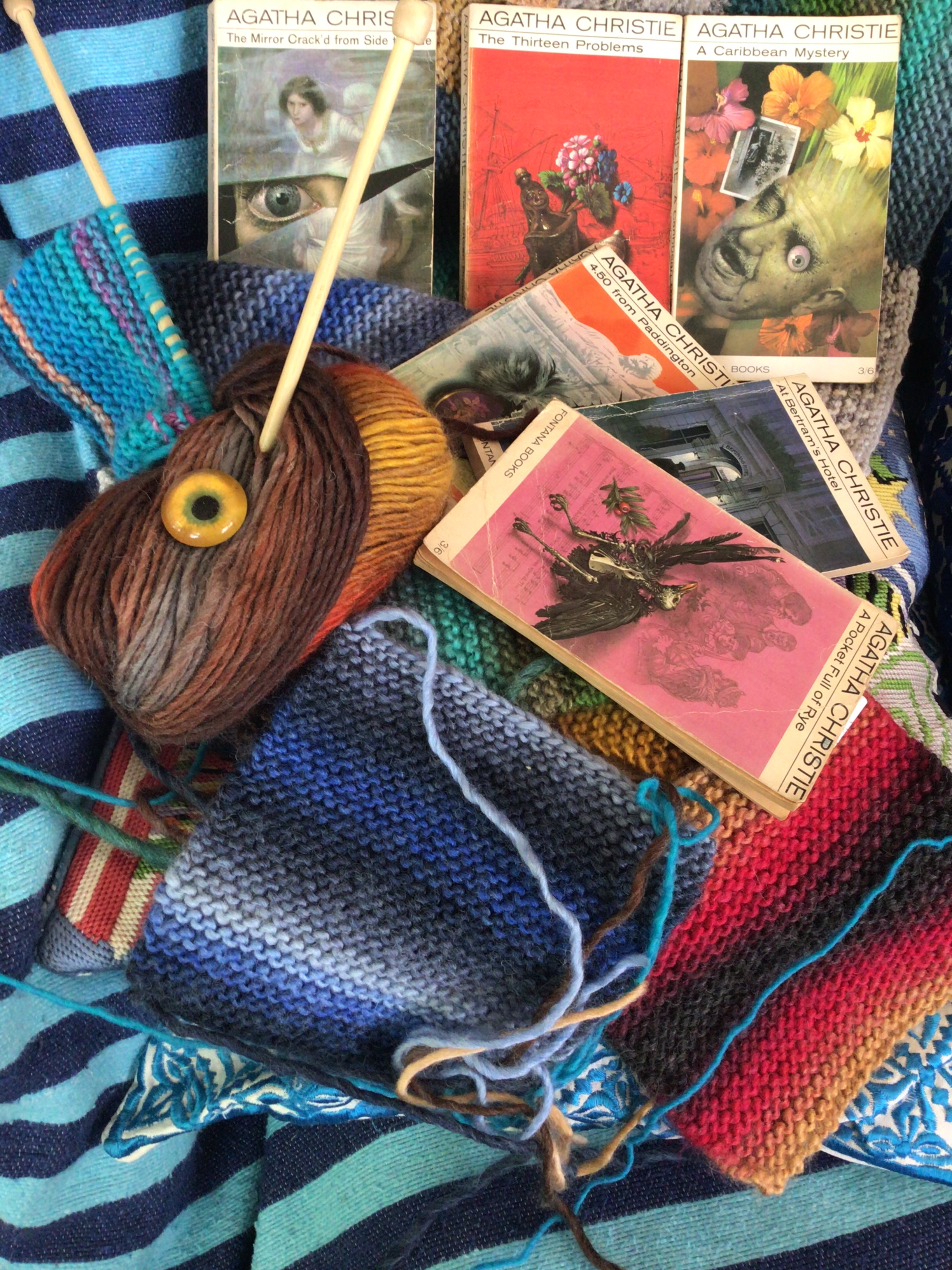Actually, the week before the week before Christmas:
MONDAY 12/12/22:
It’s very cold and all the dogs round us are in dog jackets or jumpers and my, they do not look happy about it. The only one who can treat the whole thing with disdain is a greyhound who has a very stylish grey jacket and still manages to look beautiful. A pot of thyme seems to have had a near death experience while spending the night inside the kitchen so my partner revives it with sips of water and placing it under a bright light. Our conversations are all about the weather. Shall we put the heating on? When shall we turn it off? I get a complicated mathematical thing off the internet to work out how much a unit on our gas meter is actually costing us especially when we see the increase in the direct debits.
TUESDAY 13/12/22:
We try and buy a tree only to be told they are sold out. Sold out! It’s a fortnight before Christmas! How can they be sold out? I troll off to another place where I think they are being sold and am greeted with, ‘Alright, mate?’ I put it down to the hat pulled down to the level of my eyebrows. ‘How much are they?’ ‘I’ll get Tom.’ Tom emerges from a hut and doesn’t look too happy about it. ‘Can I have a look at some of them?’ I say. They tear the netting off one which I don’t like. ‘It’s all spindly and bald at the top,’ I say. ‘Oh, we’ve got bushy,’ Tom growls and rips the netting of another which I do prefer. Before I can prevent them they’ve whacked the trunk into a big wooden block. Cash changes hands. ‘Now I have to see if I can carry it,’ I say. ‘Oh, you’ll be alright,’ one of them says and lifts it into my arms. I stagger to the corner and get out of sight before dropping it. I was hoping to drag it but can’t because of the wooden block. Takes me a while to get home, forearms burning.

Photo by Jessica Lewis Creative on Pexels.com
WEDNESDAY 14/12/22:
To the theater for the first time since Covid to see A Christmas Carol at the Bridge theater with Simon Russell Beale as Scrooge. It was first put together for Christmas 2020 and we all know what happened then. It’s lovely to be back in a theater and because it’s a relatively new one the place does not overheat or run out of oxygen. Very few coughs I notice. Pre-Covid it wasn’t unusual to have whole theaters hacking away. I suppose if you have a cough now you stay away from crowded spaces. I would hope so anyway.
THURSDAY 15/12/22:
A miracle occurs we have Christmas cards, we have stamps, we write out cards. I look at the list of names I sent cards to last year. A few have a series of little question marks next to them like this ????? Did I or didn’t I? Do I now? A feeling of falling into a bottomless pit overwhelms me. Time for a cup of tea.
We watch Lucy Worsley’s take on Agatha Christie. The media has this obsession with the ‘new’. Everything has to be new. Has Lucy made new discoveries about Agatha’s disappearance? Well, no she certainly hasn’t, the whole fugue state theory round Christie’s disappearance has been around forever, but it doesn’t stop the BBC doing a three hour series with Lucy as the presenter. It’s perfectly watchable but her theorizing lacks rigour. I also feel irritated by her comment on Agatha’s first husband being incredibly hot. Mean little eyes and the slab like face of a bully. And he behaved incredibly badly. Why doesn’t she comment on Agatha’s rather beautiful face. The programme is about Christie after all. Or is it really all about Lucy.
FRIDAY 16/12/22:
We watch Vienna Blood. I love the setting, the clothes, the interiors. In fact everything but the script which is appalling, incredibly wooden and clunky. Couldn’t they have spent a bit more on the script for heaven’s sake? The same could apply to Strike. I like Tom Burke and Holly Grainger but that is all. Again the script is awful and some horrible attempt at comedy using a caricature of an elderly woman with IBS is unbelievably vile. Fart jokes? Really? OK, Strike is supposed to be the strong silent type but Burke can act. Give him more and better lines. Don’t just have him stand around looking like a lugubrious Labrador in a big coat.
SATURDAY 17/12/22:
All this week we have been obsessed with condensation. As a consequence we now have the cleanest kitchen windows ever. EVER. I go to Paperchase and all their cards and a lot of their goods are 30% off and there’s a week to go before Christmas. I’ve never seen that before. We crack and get Apple TV to watch Slow Horses. This series is so very good – smart, funny and pacy. It reminds you it can be done. I’d rather watch Gary Oldman (as Jackson Lamb) eat Chinese noodles (1st episode, second series) for an hour than waste any more time on Vienna Blood or Strike.
SUNDAY 18/12/22:
I watch the world cup final. As the match progresses I realise I am very heavily invested in Messi lifting the World Cup so when everything appears to be going pear shaped with France’s two goals in 90 seconds, I decide I can’t watch the rest. I just keep an eye on my phone. Then when they win I regret not watching. I don’t know how proper football fans can stand it. I fall asleep wondering about those little??? against certain names. Did I or didn’t I? Should I or shouldn’t I?
How are your Christmas preparations going?











